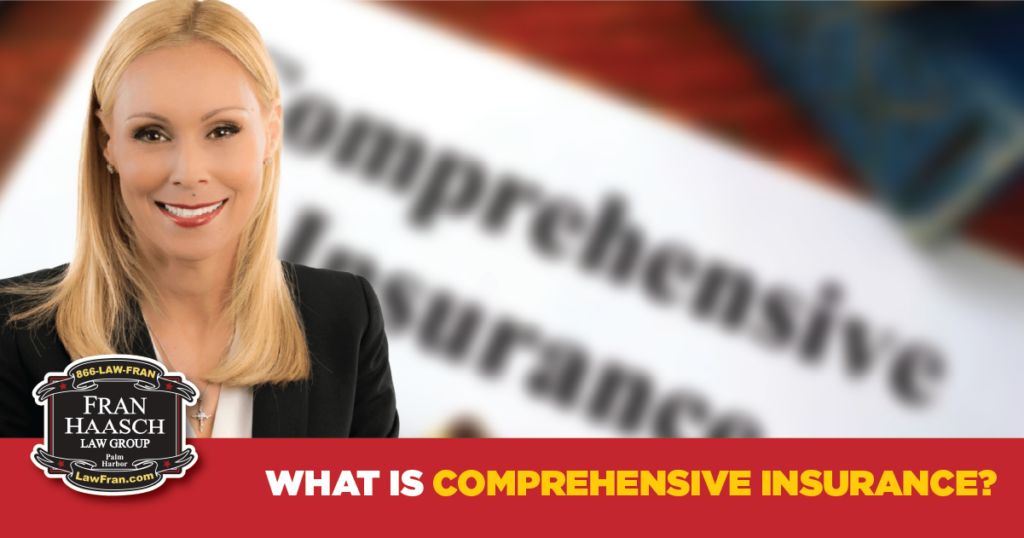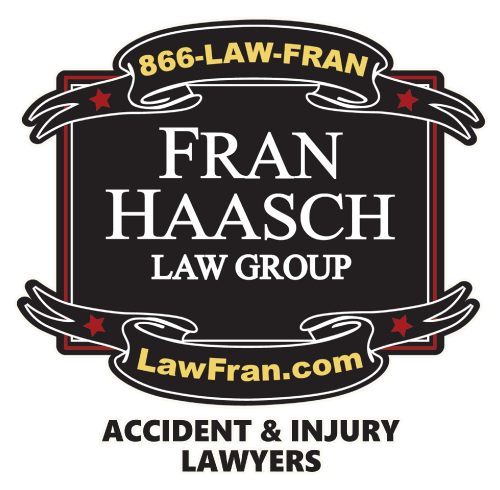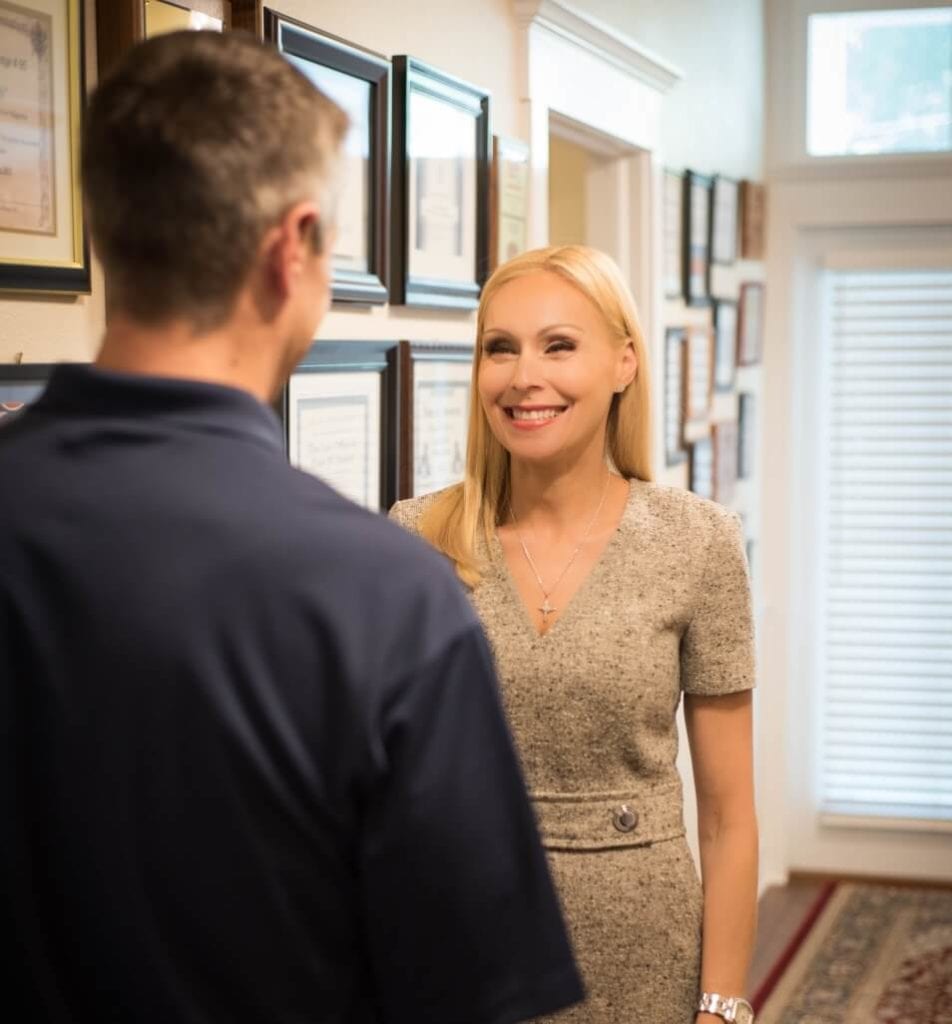What is Comprehensive Insurance?
Comprehensive insurance is one of the most important types of auto insurance coverage you can have to protect your vehicle. Although it is not required in Florida, it is always a good investment. Comprehensive insurance protects you from damage to your vehicle that is not caused by collisions, such as theft, vandalism, or natural disasters giving you peace of mind knowing that your vehicle is protected from damage that is out of your control.
It is important to note that comprehensive car insurance coverage is different from collision car insurance coverage. Collision insurance covers damage to your vehicle caused by a collision and can help you pay for repairs. For maximum financial protection, having both coverages is the best option.

What Does Comprehensive Insurance Cover?
-
- Vandalization
-
- Break-ins that cause damage
-
- Theft
-
- Cracks in your windshield caused by debris
-
- Natural disasters such as floods or hurricanes
-
- Damage from a fire or if your car catches on fire
-
- Damages caused by hitting an animal
-
- Damages caused by large hail or tree branches
-
- A rock hits your windshield and causes a large crack
-
- Civil disturbances such as riots that cause damage to your car
This is not an exhaustive list, but it covers some of the more common risks covered by comprehensive auto insurance.
Coverage Exclusions for Comprehensive Insurance
While comprehensive insurance covers a wide range of risks, some exclusions are:
-
- Routine maintenance or oil changes
-
- Damage to your car from a collision
-
- Damage to another person’s vehicle from a collision
-
- Your (or your passengers‘) medical expenses after an accident
-
- Another driver’s medical expenses
These are just a few examples. It’s important to read your automobile insurance policy carefully to understand what is and is not covered. To get coverage for these exclusions, you may need:
-
- Collision Insurance Coverage helps pay for damage to your car caused by a collision.
-
- Property Damage Liability is required in Florida and helps cover damage to another vehicle in an accident that you caused.
-
- Personal Injury Protection, also required by Florida law, will help pay for a percentage of your medical expenses, lost wages, and other expenses up to your policy limit.
-
- Bodily Injury Liability helps cover medical expenses for injured parties in an accident where you are at fault. It will also help cover your legal fees and court costs, should they sue you.
-
- Medical Payment Coverage helps fill the gap between PIP and health insurance to ensure that your medical bills are paid up to a specific coverage limit.
How To Get Comprehensive Insurance Coverage in Florida
If you have a loan or lease on your vehicle, your lender will likely require you to carry comprehensive coverage. If you own your car, you have the option to add comprehensive coverage to your existing car insurance plan.
If you’re interested in obtaining comprehensive insurance coverage, speaking with your insurance agent is the best place to start. They will be able to help you determine if this type of coverage is right for you.
When Should I Purchase Comprehensive Insurance?
If you’re looking for the most protection possible, you should purchase comprehensive insurance when you buy your car. This way, you’ll be protected from the start. If you already have a policy, you can add comprehensive coverage at any time.
How Much Does Comprehensive Insurance Cost?
The cost of comprehensive insurance varies depending on several factors, including the make and model of your car, your driving history, and where you live. In general, comprehensive insurance is fairly affordable.
Coverage Deductibles
When you purchase comprehensive coverage insurance, you will select a set deductible. Your deductible is the amount you pay out of pocket toward a covered claim. For example, if you choose a $500 deductible and a flood damages your car in a covered claim. If it costs $2,000 to repair your car, you pay your $500 deductible, and insurance would pay the remaining $1,500.
Limits
Comprehensive coverage has a maximum amount your policy will pay toward a covered claim. The limit on the coverage is typically the actual cash value of your vehicle.
For example, if a fallen tree branch significantly damages your car, your insurance company would reimburse you for your car’s depreciated value, minus your deductible. If you want to replace your vehicle with a newer make and model, you would use the reimbursement from your insurer along with some of your own money.
Remember that the comprehensive deductible and limit are separate from your policy’s collision deductible and limit.
Hire a Lawyer to Represent You in a Florida Car Accident
At The Fran Haasch Law Group, we are committed to fighting for your fair recovery. We strive to help injured individuals and the loved ones of those wrongfully killed secure the full, fair recovery they are owed. We offer dedicated legal representation for car accident victims and bicycle, rideshare, semi-truck, and motorcycle accident victims.
If you feel you have been the victim of a car accident through no fault of your own. Our attorneys are prepared to help you navigate the legal process and work toward securing the maximum compensation you are owed. Call (727) 784-8191 or contact us online to get started on receiving maximum compensation for your personal injury case.















